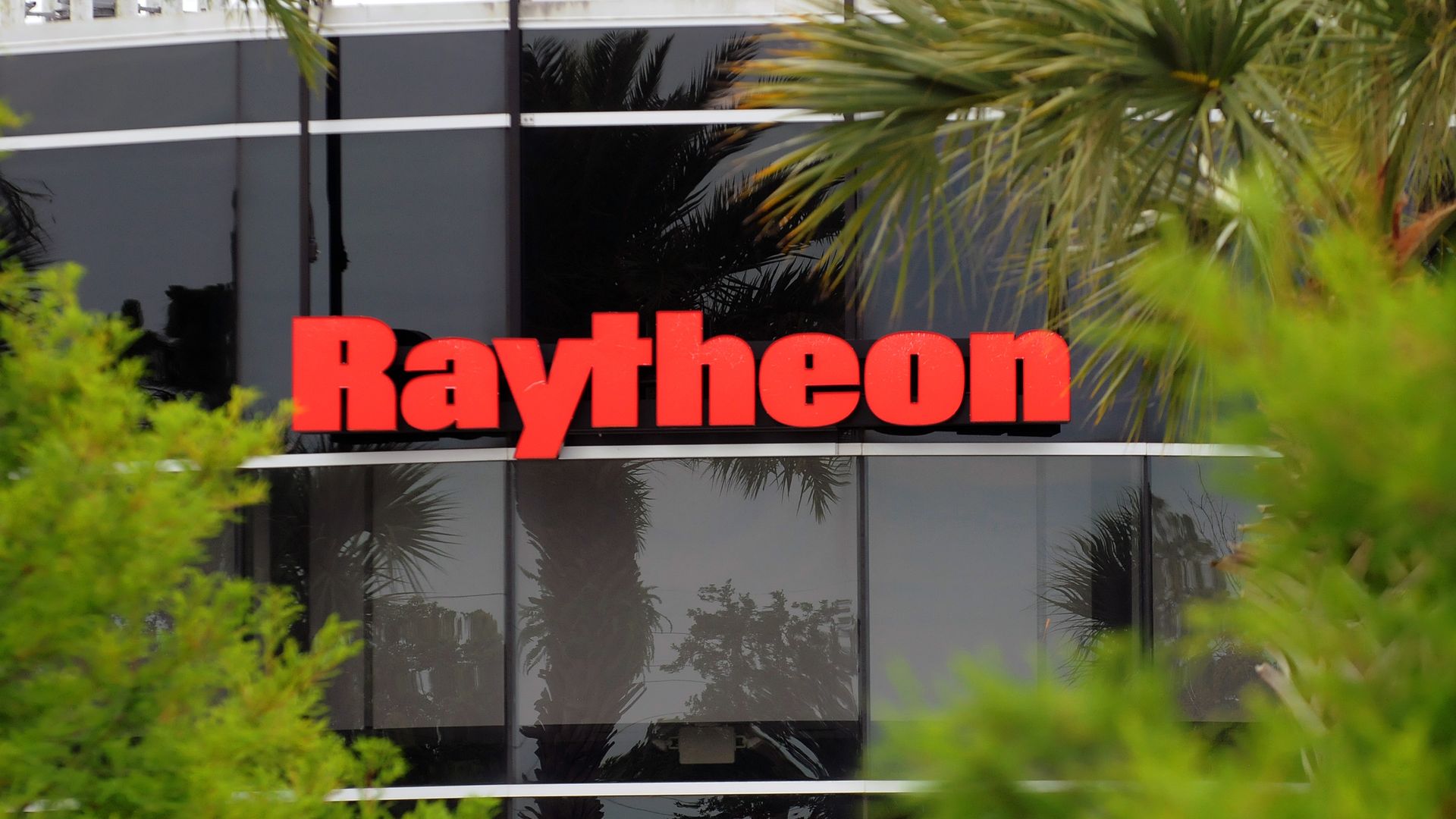Jun 19, 2019
United Technologies' move casts doubt on tax incentives
Add Axios as your preferred source to
see more of our stories on Google.

A Raytheon facility in Orlando, Florida. Photo: Paul Hennessy/NurPhoto via Getty Images
Add Axios as your preferred source to
see more of our stories on Google.

A Raytheon facility in Orlando, Florida. Photo: Paul Hennessy/NurPhoto via Getty Images